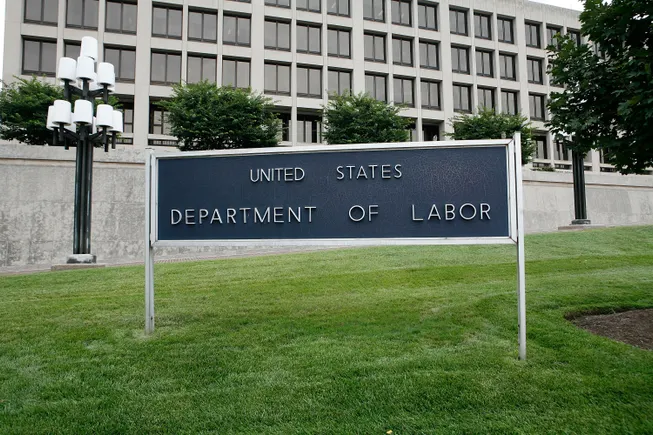The U.S. Department of Labor on Monday announced an opinion letter program that aims to allow individuals or organizations to receive official written interpretations of how labor laws apply to specific situations.
The program will span five departments — the Wage and Hour Division, the Occupational Safety and Health Administration, the Employee Benefits Security Administration, the Veterans’ Employment and Training Service and the Mine Safety and Health Administration — and will involve the publication of opinion letters, letters of interpretation, advisory opinions, information letters and, for MSHA, an information hub.
“Opinion letters are a powerful set of tools to help workers, employers, unions, industry groups and all other stakeholders to understand how federal labor law applies to real life situations,” Keith Sonderling, deputy secretary of labor, said in a video posted to his LinkedIn page. “These resources bring clarity to complex legal questions, which we believe the Department of Labor has a duty to provide.”
The Biden administration issued a number of opinion letters in recent years, using the method to weigh in on whether the Family and Medical Leave Act covers leave for clinical trial participation, whether the Fair Labor Standards Act permits a bar owner who supervises workers but also tends bar to receive tips, whether holidays count against FMLA leave and more.
DOL released its first opinion letter of the second Trump administration in early May, which reinstated a 2019 opinion letter on whether service providers working for a virtual marketplace company are employees or independent contractors under the FLSA. The 2019 letter had been withdrawn in 2021 by the Biden administration, along with some others.
The Obama administration suspended the practice of issuing opinion letters in favor of “Administrator’s Interpretations” in 2010, but it was revived during the first Trump administration. Employers have generally found them to be useful in navigating workplace policy and as a potential defense in court.






Leave a Reply